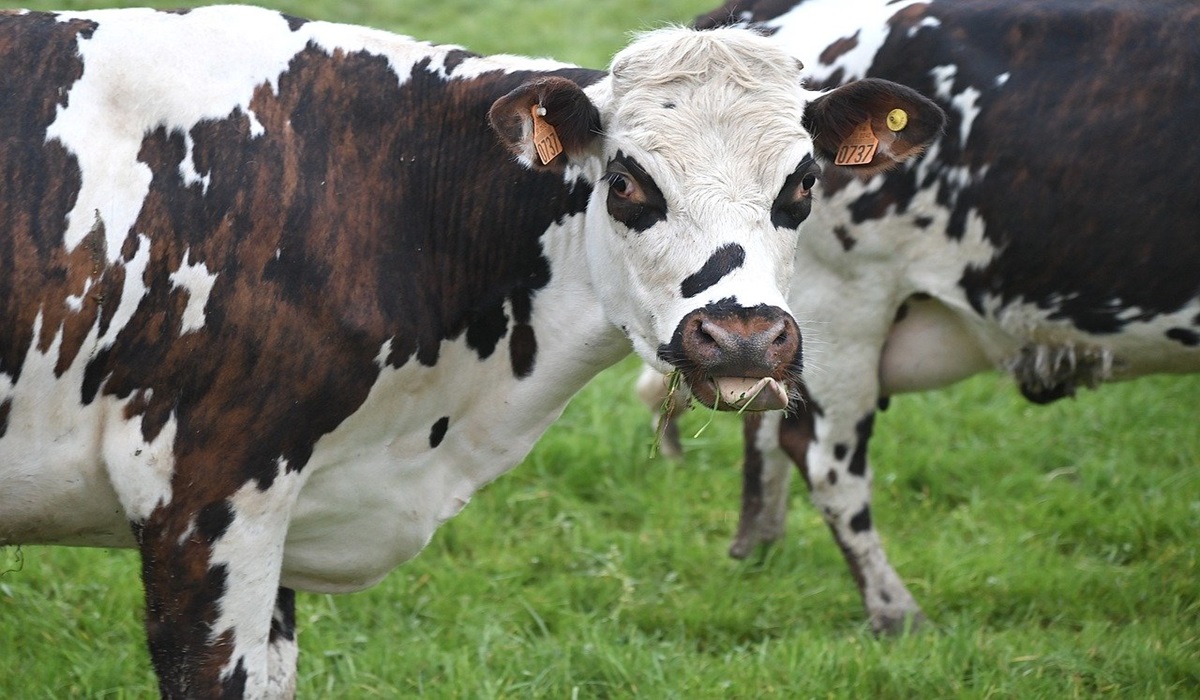Government Assures Canadians of Milk Safety Amid Avian Influenza Concerns
- TDS News
- Canada
- May 5, 2024

Image credit, JackieLou DL
Recent reports of Highly Pathogenic Avian Influenza (HPAI) in dairy cattle in the United States have raised concerns among Canadians regarding the safety of milk and milk products. In response, the Canadian Food Inspection Agency (CFIA), in collaboration with the Public Health Agency of Canada (PHAC) and Health Canada, issued a statement today to reassure the public of the safety of commercially sold milk and milk products in the nation.
Milk from dairy cows undergoes pasteurization, a process that effectively eliminates harmful bacteria and viruses, including those causing HPAI. The U.S. Food and Drug Administration’s recent study confirmed the efficacy of pasteurization in inactivating the virus, even when fragments are detected.
While HPAI is a reportable disease, the government has implemented additional measures to prevent its spread and ensure food safety. These measures include requiring negative test results for lactating dairy cattle imported from the United States, enhanced testing of milk at the retail level, and facilitating voluntary testing of cows to support industry biosecurity efforts.
The CFIA emphasizes its commitment to taking immediate action to address any potential food safety or animal health risks to safeguard the nation’s food supply and livestock. Additionally, the government is actively collaborating with provinces, territories, and U.S. counterparts to monitor, prepare, and respond to the evolving situation surrounding HPAI.
Despite the outbreak of avian influenza in the nation since December 2021, there is no evidence suggesting that consuming cooked poultry or eggs could transmit the virus to humans. It is safe to consume fully cooked poultry and eggs.
Enhanced import requirements on dairy cattle from the U.S. have been implemented by the CFIA as of April 29, 2024, in response to the detection of HPAI in dairy cattle in the United States. The nation already has stringent import conditions in place to prevent the introduction of animal diseases.
The government’s ongoing preparedness actions for HPAI include monitoring, risk assessment, laboratory capacity, guidance updates, communication strategies, scientific coordination, and medical countermeasure readiness. As the situation continues to evolve, the government remains committed to ensuring the safety of its citizens, food supply, and livestock, and will take necessary actions to address any emerging threats.








